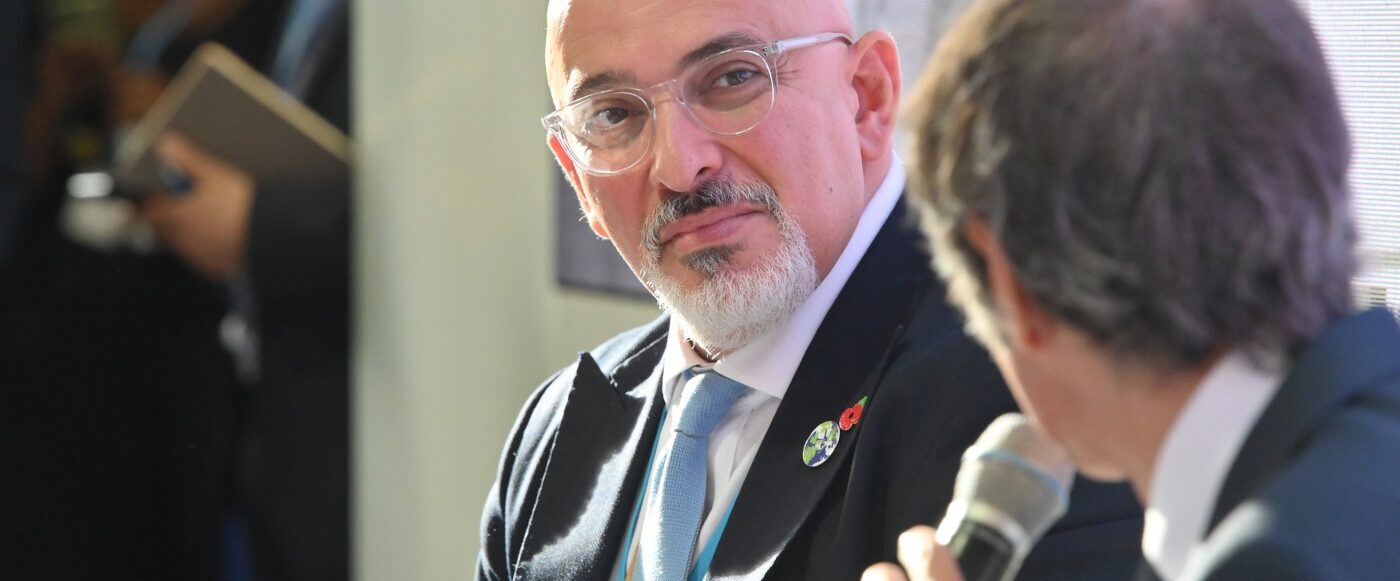Why I changed my mind about free speech on campus
I have always defended freedom of speech. I don’t have much time for censorious attitudes, and I’m also very willing to have a discussion with people even when I disagree with them. I have, however, always thought that the rhetoric over free speech in universities was overblown. The idea that it’s impossible to be a Tory at uni is, and always has, been wrong.
Sure, you might get a few strange looks if you declare your undying love for Boris Johnson or Rishi Sunak, but that’s true in most social settings. People will disagree with you, but rarely will your right to exist or your ability to express your views be questioned.
On Friday night, though, I saw the dark side of censorious attitudes at university in the flesh. Nadhim Zahawi, former vaccine minister and current Secretary of State for education, made his first university visit – and to Warwick. As perhaps might be expected, there was some disquiet about his presence. Most of this was owing to Zahawi’s recent comments about how teachers should treat trans youth, which ranged from baffling and misguided to downright aggressive.
The more profound exercise against freedom of speech, however, was in the choice of questions
There was some attempt by the protestors to silence Zahawi. Music and loud noises were played throughout in a way that sometimes strayed from registering protest to seeking to silence speech. This was not appropriate. It’s perfectly legitimate to decide that you aren’t interested in what he has to say, but you don’t get to decide whether or not he is able to say it. For the most part, however, the protest was quite restrained. Shouting was audible from within the auditorium but, apart from a few moments when a speaker was brought right up to the door, the session was able to go ahead successfully. Likewise, whilst there were a few unsavoury moments (for example chanting insults, which can be quite intimidating even as someone who isn’t a Tory), the protest was mostly respectful and reasonable in its tone.
The more profound exercise against freedom of speech, however, was in the choice of questions. The moderator chose questions from a list submitted live by attendees but chose them selectively. As a result, the Secretary of State was subjected to the least interesting set of questions imaginable.
Questions on topics such as tuition fees, trans rights, and the impact of Brexit on student numbers, which we could see but the Secretary of State could not, were forgone in favour of homogenous questions on government achievements and a baffling question on catchment areas.
To be clear, I don’t begrudge the right to select questions at a private event. There was no reason the organisers had to take my questions, allow me to put forward my ideas, or even let me into the event. This is not a situation in which I could, or should, expect a right to free speech. However, as is often the case, the event would have been better if they had allowed it. The fact that Zahawi was shielded from any meaningful debate meant that nobody learnt anything.
I’ve changed my mind on the threat to speech on campus – it is a real and present threat
Right at the end of the session, in the midst of a short speech by the moderator on free speech, no less, one student, representing Warwick PLAN, stood up and asked a question on trans rights. For a handful of seconds, the room was like a gas burner the moment before it ignites – a faint murmur hissing around before the inevitable eruption. But neither Zahawi nor the organisers erupted. It was a moment that stands out in the event not only for the audience participation nor the opportunity to put something meaningful to the Secretary of State, but because it was actually interesting. What they don’t tell you about soft censorship is how boring it is. To his credit, Zahawi maintained composure and addressed the question. I didn’t agree with Zahawi’s thinking, but at least we got something out of the event.
The attempt to manicure the questions by the Tories made a mockery of debate. I’ve changed my mind on the threat to speech on campus – it is a real and present threat. But it comes more from the sharp elbowed organisers than the loud protestors. Of course, such self-censorship is not monopolised by the right. I’ve sat in plenty of left-leaning meetings where no one dissents, despite some obvious disagreement. For free speech to have any meaning, it must be within, as well as without groups. For all societies on campus, including both Warwick Labour and TorySoc, disagreement is good. After all, consensus, when socially enforced, is as dull as it is meaningless.
The Open Mind is a series encouraging students to think of a time they’ve changed their opinion on a fundamental issue. In an era where views seem more polarised than ever, ‘The Open Mind’ demonstrates that critical thinking, flexibility and a preparedness to have one’s prejudices challenged remain strong and important.

Comments